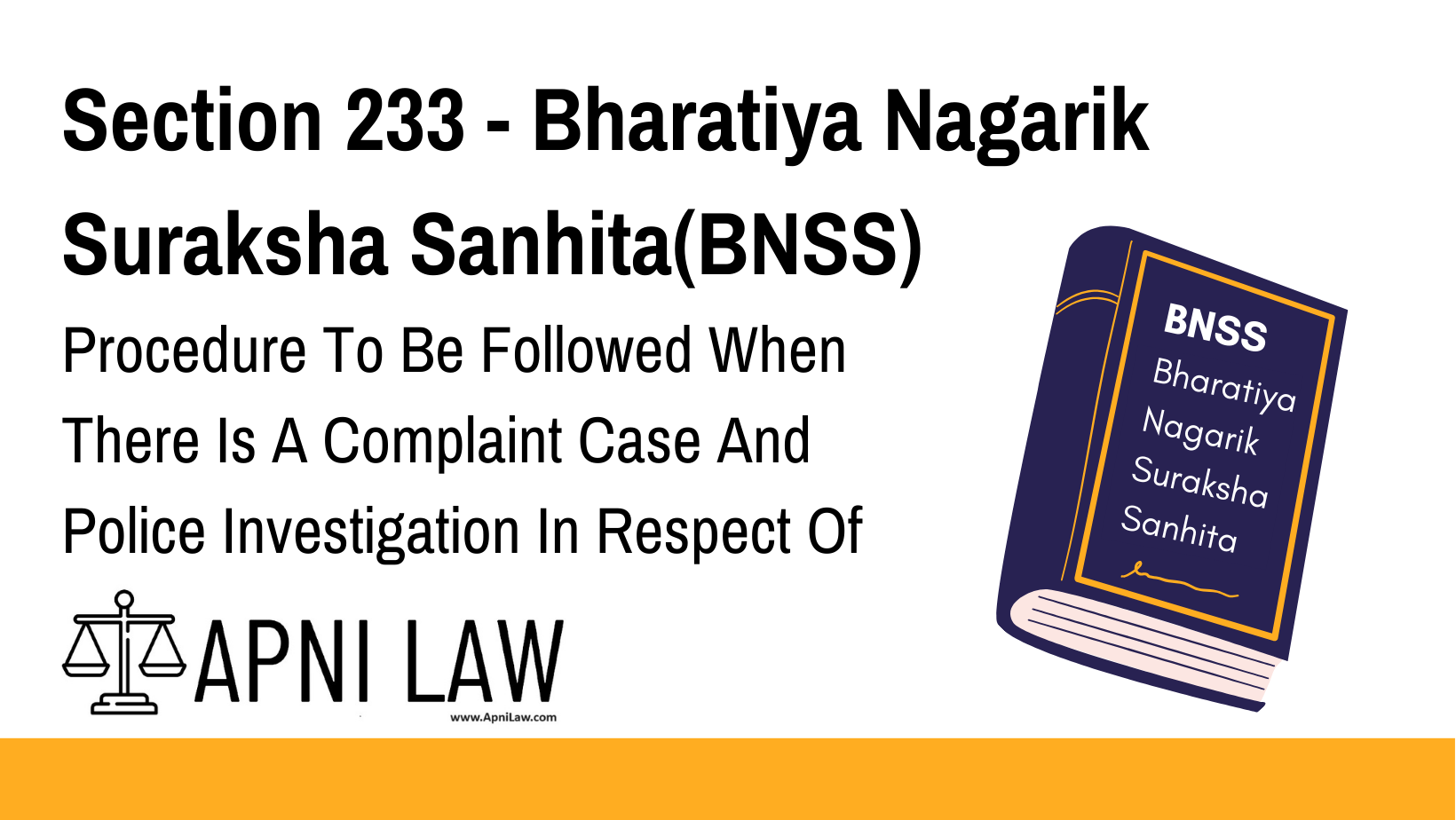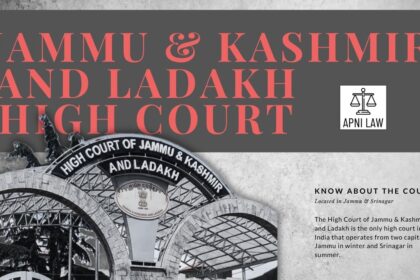Code:
(1) When in a case instituted otherwise than on a police report (hereinafter referred to as a complaint case), it is made to appear to the Magistrate, during the course of the inquiry or trial held by him, that an investigation by the police is in progress in relation to the offence which is the subject-matter of the inquiry or trial held by him, the Magistrate shall stay the proceedings of such inquiry or trial and call for a report on the matter from the police officer conducting the investigation.
(2) If a report is made by the investigating police officer under section 193 and on such report cognizance of any offence is taken by the Magistrate against any person who is an accused in the complaint case, the Magistrate shall inquire into or try together the complaint case and the case arising out of the police report as if both the cases were instituted on a police report.
(3) If the police report does not relate to any accused in the complaint case or if the Magistrate does not take cognizance of any offence on the police report, he shall proceed with the inquiry or trial, which was stayed by him, in accordance with the provisions of this Sanhita.
Explanation:
Section 233 of the BNSS deals with the situation where a case is initiated based on a complaint (not a police report) and the police subsequently begin an investigation into the same offense. It outlines the procedure to be followed by the Magistrate in such a scenario.
Sub-section (1): If the Magistrate, during the inquiry or trial of a complaint case, discovers that a police investigation is underway regarding the same offense, they are mandated to stay the proceedings. The Magistrate must then request a report on the investigation from the investigating police officer.
Sub-section (2): If the investigating officer submits a report under Section 193, and the Magistrate takes cognizance of an offense against an accused in the complaint case based on that report, the Magistrate must merge the complaint case with the police report case. This means both cases will be treated as if they originated from a police report, and the Magistrate will proceed with the combined inquiry or trial.
Sub-section (3): If the police report does not involve any of the accused in the complaint case or if the Magistrate does not take cognizance of any offense based on the police report, they must resume the inquiry or trial of the complaint case, which was previously stayed, according to the provisions of the BNSS.
Illustration:
Imagine a case where a person files a complaint against another for theft. The Magistrate begins the inquiry. During the inquiry, the Magistrate discovers that the police are also investigating the same theft incident based on a separate report. In this scenario, the Magistrate would apply Section 233:
- The Magistrate would stay the proceedings of the complaint case.
- The Magistrate would request a report from the police on their investigation.
- If the police report identifies the accused in the complaint case and the Magistrate takes cognizance of the offense based on the police report, the two cases would be merged and tried together.
Common Questions and Answers:
Q: Can a Magistrate continue with a complaint case if the police are also investigating the same offense?
A: No, the Magistrate must stay the proceedings of the complaint case if a police investigation is ongoing. This is mandated by Section 233(1).
Q: What happens if the police report does not involve any accused in the complaint case?
A: In this situation, the Magistrate can resume the inquiry or trial of the complaint case as per Section 233(3).
Q: When are complaint cases and police report cases tried together?
A: This happens when the police report identifies the accused in the complaint case. The Magistrate takes cognizance of the offense based on the police report, as per Section 233(2).








